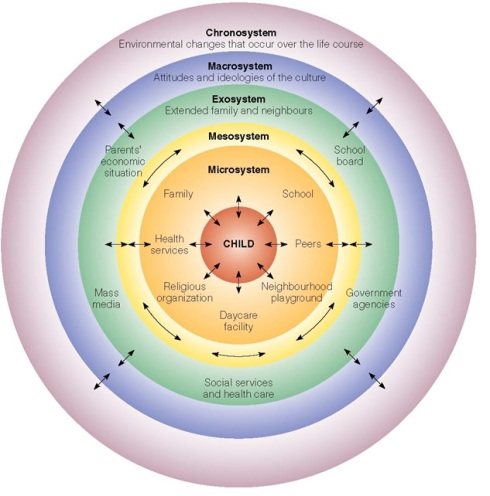A fellow adjunct and I were recently lamenting the woes of higher education when she commented, “Education has become a commodity.”
While I was slightly taken aback, I agreed. She gave voice to something I’ve been observing in the classroom and experiencing in my interactions with students.
According to Dictionary.com, education is “the act or process of imparting or acquiring general knowledge, developing the powers of reasoning and judgment, and generally of preparing oneself or others intellectually for mature life.”*
This definition held true for my undergraduate and graduate experience. Questioning, dissecting, dialoguing, synthesizing, and learning how to learn, were hallmarks of my education, and primers for adult life.
However, if we’re using Dictionary.com’s definition present day, education is a gross misnomer.
In my brief teaching experience, I’ve come to discover that education isn’t what most students are seeking. They’re seeking a diploma, and seemingly equate their tuition payment with this paper gem. In exchanging paper for paper, they’re unconcerned with whether or not learning is actually occurring. If anything, in their very means to an end mindset, learning, challenging themselves, and putting in the necessary effort, are annoying, albeit necessary evils, to achieving their ultimate goal. Seeking truth and knowledge, and even more so, being transformed by this truth and knowledge are missing from the equation.
This isn’t a new phenomenon. I’m willing to grant that all of us, at one time or another, have taken classes merely to satisfy requirements, and have adopted the same means to an end attitude when approaching our education (fulfilling requirements for “well-roundedness” raises an entirely different educational issue not addressed in this post).
Nor is this a new issue. Educators have been debating it for eons. However, the pervasiveness of, and rate at which, education is being transformed into a diploma-seeking end product (in which learning is merely a byproduct), is alarming.
I believe there are a couple of reasons for this.
First, the instant gratification mentality we’ve adopted as a society has invaded our college campuses. Students seemingly want everything quicker, with little-to-no effort. They want a stellar grade without reading the material; they desire to graduate with highest honors without sitting through an entire class; they covet a diploma without putting in the time required to achieve it.
Second, in addition to (and intricately connected to) the above, a spirit of entitlement and apathy are rampant on our college campuses. In my experience, students believe they’re guaranteed an education; that this is something owed to them. If students genuinely believe that education is given to them rather than seeing it as something they have to earn, then they never have to develop a shred of excitement, passion or fervor in order to go after it (the definition of apathy). Apathetic students have haunted the halls of academia long before John Bender’s appearance in The Breakfast Club. However, entitlement and apathy are rising at a frightening rate, and are inversely related to the dwindling remnant of students who are genuinely concerned about the process of education versus the purchasing of an education.
I’ve deemed the combination of instant gratification, entitlement, and apathy, the “Unholy Academic Trinity.”
Just like John uses the dragon, sea and land beast (the “Unholy Trinity”) as a parody of the Father, Son, and Holy Spirit in the book of Revelation, so to, instant gratification, entitlement, and apathy are a parody, a sham, a knock off, of what education should be—the pursuit of knowledge, truth, and learning for the sake of learning.
The Unholy Academic Trinity has reduced education to a mere commodity; something to be passively consumed after making a payment to the Registrar’s Office.
* http://www.dictionary.com/browse/education?s=t
**This post doesn’t address the role administration, faculty, and governing boards potentially play in the commodification of education, though it probably should.
